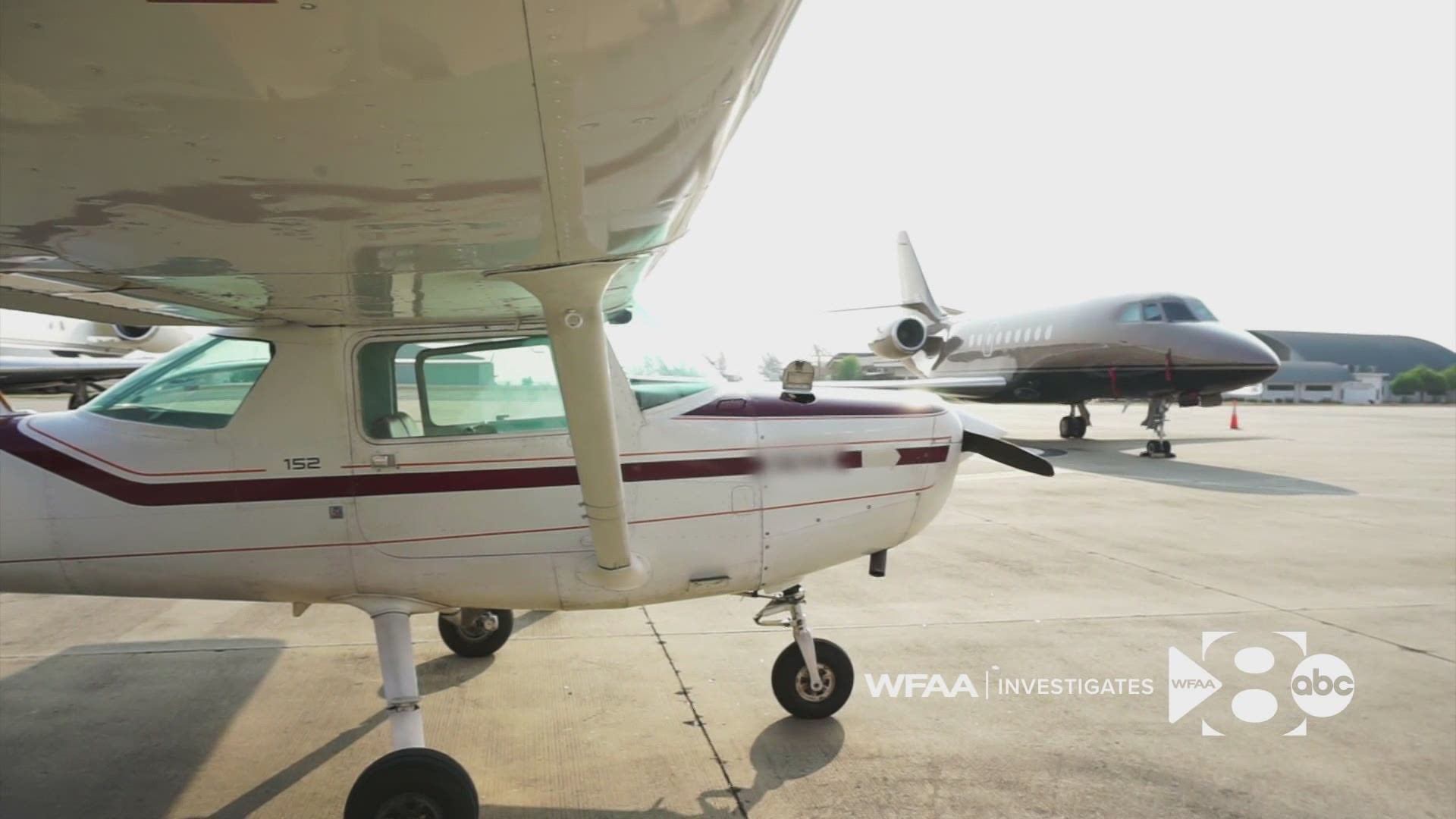A WFAA investigation helped trigger a federal probe in which eight defendants are charged with multiple drug-related offenses as part of a scheme to conceal the registered ownership and whereabouts of foreign planes, according to unsealed indictments filed this week in the U.S. Eastern District of Texas.
Three of the defendants also are charged in connection with a $560 million Ponzi scheme in which investors allegedly were defrauded, with their money illegally diverted from supposed aircraft buys and funneled into foreign investments, according to a federal prosecutor and the federal indictments.
The defendants face up to life in prison for the drug-related and wire fraud indictments.
Federal prosecutor Ernest Gonzalez, who is assigned to the Eastern District of Texas, said the criminal cases were spurred by WFAA’s 2019 investigation of Aircraft Guaranty Corp., and its owner, Debra Lynn Mercer-Erwin.
“That's where the interest started,” Gonzalez told WFAA. “You're reporting - investigative reporting - about all these planes in Onalaska.”
Gonzalez said his supervisors asked him to look into Aircraft Guaranty after WFAA’s review found more than 1,000 registered aircraft in Onalaska – a Texas town with no airport and a population of just over 3,000. In fact, records WFAA uncovered two years ago showed more planes were registered to Onalaska than the number of registered planes in entire cities such as Seattle, San Antonio, San Diego, or even New York.
Just as surprising, the WFAA review found the hundreds of aircraft were registered to two Onalaska P.O. boxes. The foreign plane owners lived elsewhere.

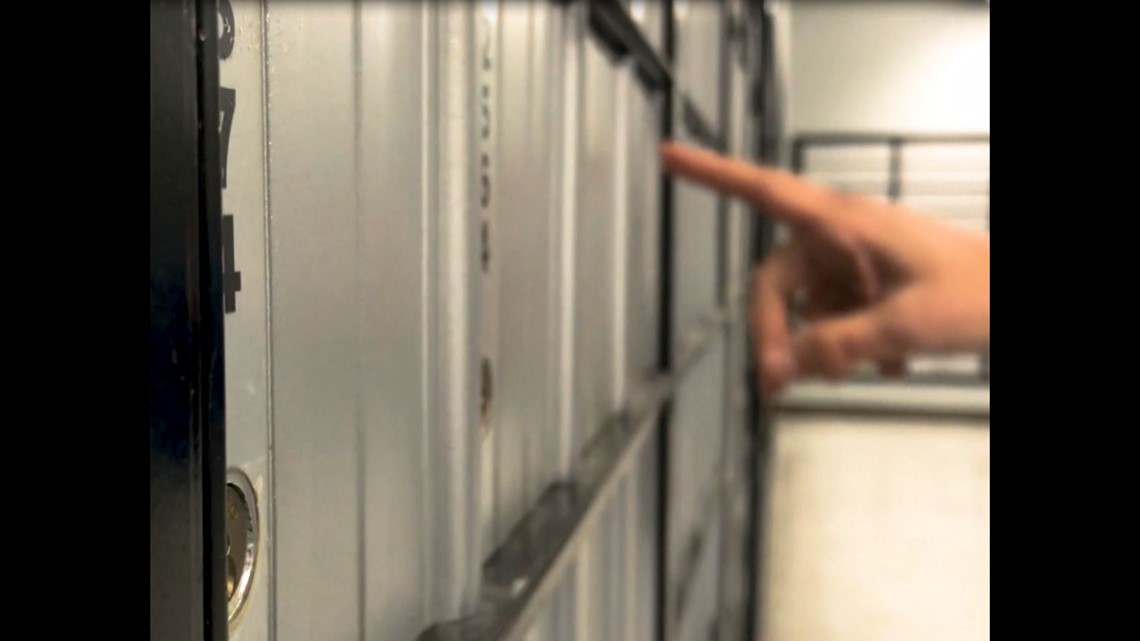
WFAA discovered that Onalaska was the epicenter for a practice that allowed foreigners to register their planes by transferring title to a U.S. trustee – in this case the trustee was Aircraft Guaranty Corp, or AGC. As a result, the planes were allowed to have an “N” tail number – a distinction experts say carries advantages, including allowing planes to receive less scrutiny than those with a tail number from a different country.
Critics, however, told WFAA they were concerned such trusts could shield or disguise the registered ownership and make the U.S. an easy target for drug dealers, terrorists and other criminals seeking to register their planes.
When contacted by WFAA two years ago, AGC owner Debra Lynn Mercer-Erwin disputed critics’ concerns. Her comments came despite WFAA’s investigation that found several planes registered in trust to Aircraft Guaranty linked to the drug trade.
“I would find it very difficult for a criminal or a drug user to place their aircraft in trust, and why would they?” Mercer-Erwin told WFAA. “… We know who our clients are. We collect all the information.”
She told WFAA that her company thoroughly vetted foreign owners to ensure they were legitimate prior to registering them under the company’s trust.

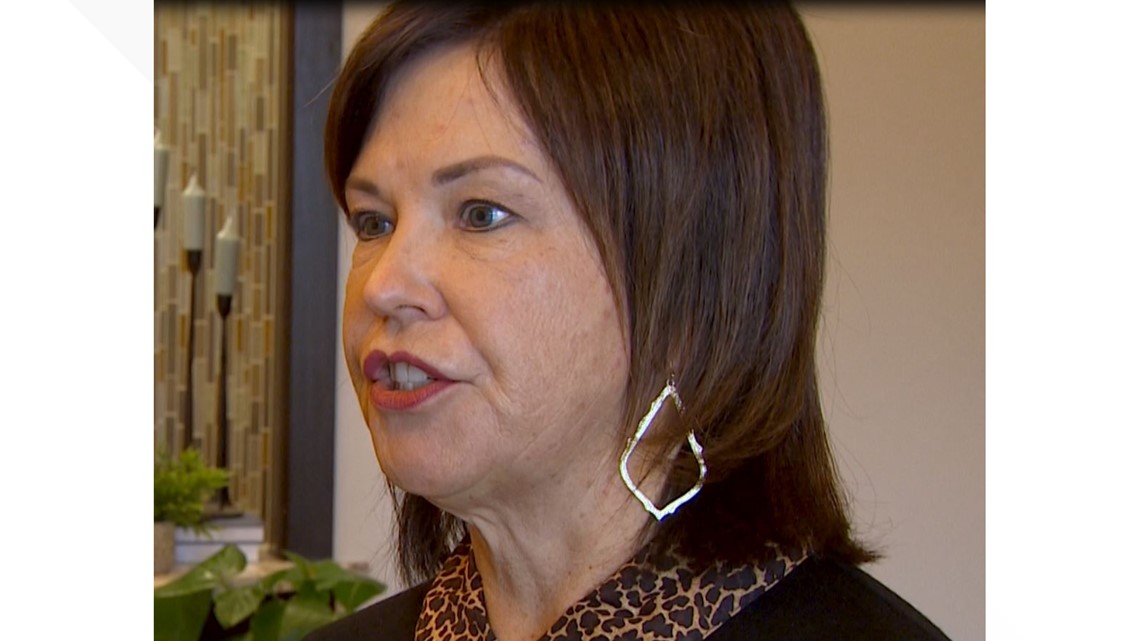
Gonzalez said investigators found what Mercer-Erwin told WFAA to be inaccurate.
“They (AGC) weren't doing any vetting at all, and that some of these planes were being placed in the hands of drug traffickers,” Gonzalez told WFAA. “And she (Mercer-Erwin) knew that as well, because of the number of planes that got seized.”
Gonzalez said after he was asked to look into the Mercer-Erwin operated AGC, his office was contacted by investigators with the Department of Homeland Security Investigations in Brownsville about acase they were working on.
“They began their presentation and lo and behold, it was the same case I had been asked to investigate,” he said. ”Basically, what they had investigated and found was that American Guaranty Corporation or AGC had had a lot of planes over the years involved in seizures involving large quantities of drugs.”
The indictment shows investigators found a growing list of planes AGC had registered in trust linked to drug loads.
In February 2020, according to the indictment, Belize authorities seized a plane with 2,310 kilograms of cocaine. The seizure made it the largest seizure of cocaine in Belize history, according to Belize news accounts.
Gonzalez said the plane was registered to AGC.
The plane had been put into trust by a convicted drug smuggler, the indictment says.
“He was an individual that a simple Google search would have determined that he was a drug trafficker,” Gonzalez said.

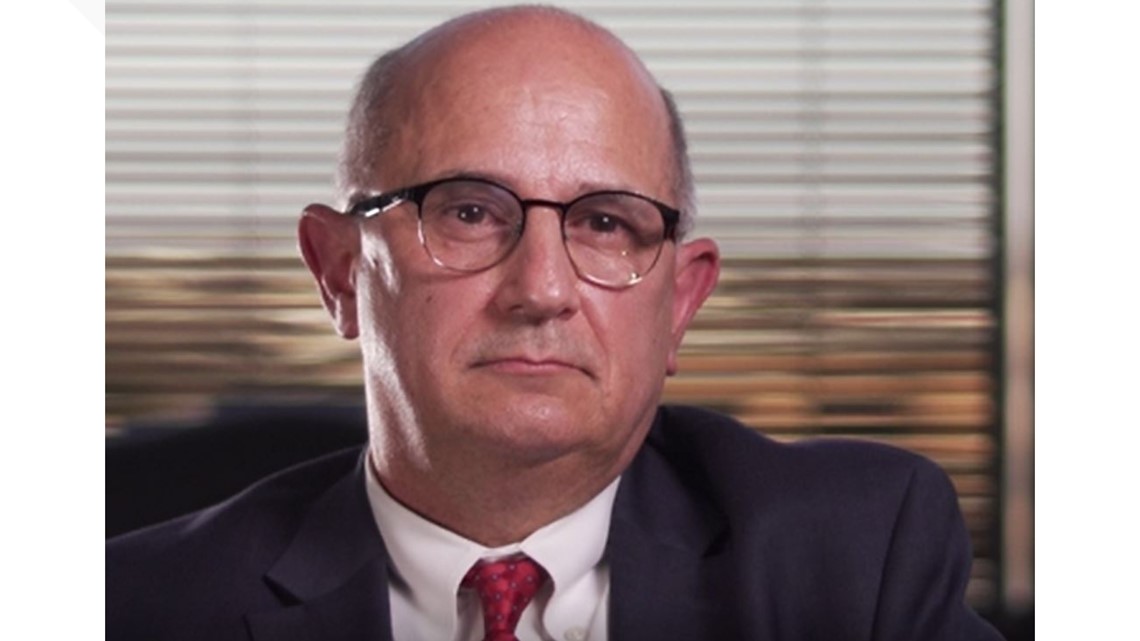
The indictment outlines actions that Aircraft Guaranty took to try to conceal its activities.
Four days after the plane was seized, the indictment says Mercer contacted the true owner and notified him that the plane was being deregistered. Her daughter, Kayleigh Moffett, who has also been indicted, filed a bill of sale transferring the ownership back to the true owner “despite the fact that the aircraft was in government custody in Belize,” the indictment says.
“So we would use that as an indication of knowledge on her part and that that's why they took the steps that they did that they would deregister and try to distance themselves as much as possible,” the prosecutor said.
According to the federal indictments, a growing list of additional aircraft connected to drug trafficking with possible ties to AGC continued to be found, including the following:
*On March 10, 2019, an AGC registered aircraft crashed with 1,215 kilograms of cocaine in Mexico, killing one pilot. AGC claimed that “the crashed aircraft falsely displayed the N18BA tail number, which belongs to a different AGC aircraft from the aircraft.”
*On or about January 27, 2020, a AGC registered aircraft was seized in Guatemala with approximately 1,700 kilograms of cocaine.
*On or about February 27, 2020, an AGC registered aircraft was seized in Belize with approximately 2,310 kilograms of cocaine.
*On or about December 9, 2018, AGC registered aircraft crashed in Venezuela while delivering 1,200 kilograms of cocaine for the Sinaloa Cartel.

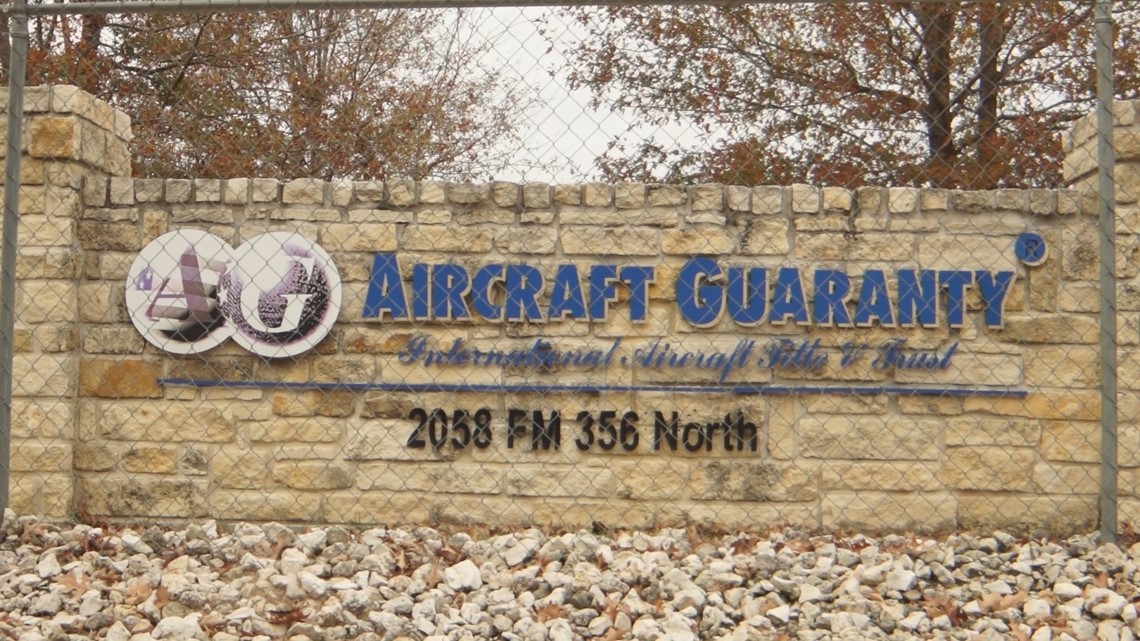
The federal probe grew to include investigators with the Dept. of Commerce, (DOC), Bureau of Industry and Security (BIS), Office of Export Enforcement (OEE), and Homeland Security Investigation (HSI), court records show.
The federal investigators found that Mercer-Erwin, and her daughter Kayleigh Moffett, along with Federico Andres Machado of Florida were involved in possibly something much more.
Gonzalez said there was a “twist” that investigators didn’t see coming. It involved a growing list of hundreds of millions of dollars in wire transfers beginning in 2016.
The indictment outlines Ponzi scheme totaling $350 million.
Gonzalez said the amount listed in the indictment is a snapshot and the actual dollar amount of the scheme is at least $560 million.
The federal indictment alleges that investors were duped into putting up money to buy planes. Investors would put money into escrow accounts at Wright Brothers Aircraft Title Co., a company owned by Mercer-Erwin and where her daughter also was employed.
“The money was supposed to go and be deposited in the escrow account, stay in the escrow account until the transaction went through.” Gonzalez said.
He said investors were promised a substantial return for a short period of time, usually six months at the most.
Instead, Mercer-Erwin, Machado and Moffett diverted the money for their own uses. Investigators found millions of dollars being sent to Machado, who was funneling some of the money into a mineral mine in Guatemala.
“They continued to do more plane deals to cover up the previous plane deals, which is your typical Ponzi scheme,” Gonzalez said.
The investors were putting the money up for either planes that didn’t exist, or belonged to someone else and weren’t for sale, he said.
“There were ghosts planes,” Gonzalez said.
The federal indictment said several of the planes were “unsellable” and located in distant locations such as Japan, India and China.
“These were ghost planes that no one bothered to investigate to see whether those planes were actually being sold.,” Gonzalez said. “The investors didn't because they were confident that they were going to get a lucrative return, so they had no incentive to determine whether that was an actual plane deal or not.”
Gonzalez said Machado even got individuals to pose as supposed sellers of the planes.
The sellers were paid “sums of money to portray the role of a seller when in fact they weren't selling anything because those planes didn't exist or couldn’t be sold at all,” Gonzalez explained.
Dallas aviation attorney Ladd Sanger told WFAA he was troubled by AGC and the ability to use registered trusts to shield true ownership of aircraft under FAA laws.
“I knew that there were shady things going on with Aircraft Guaranty,” Sanger said when told about the federal indictments.
Sanger represented families of three of the five people killed in a 2013 helicopter crash in Mexico. The helicopter was registered in a trust to AGC.

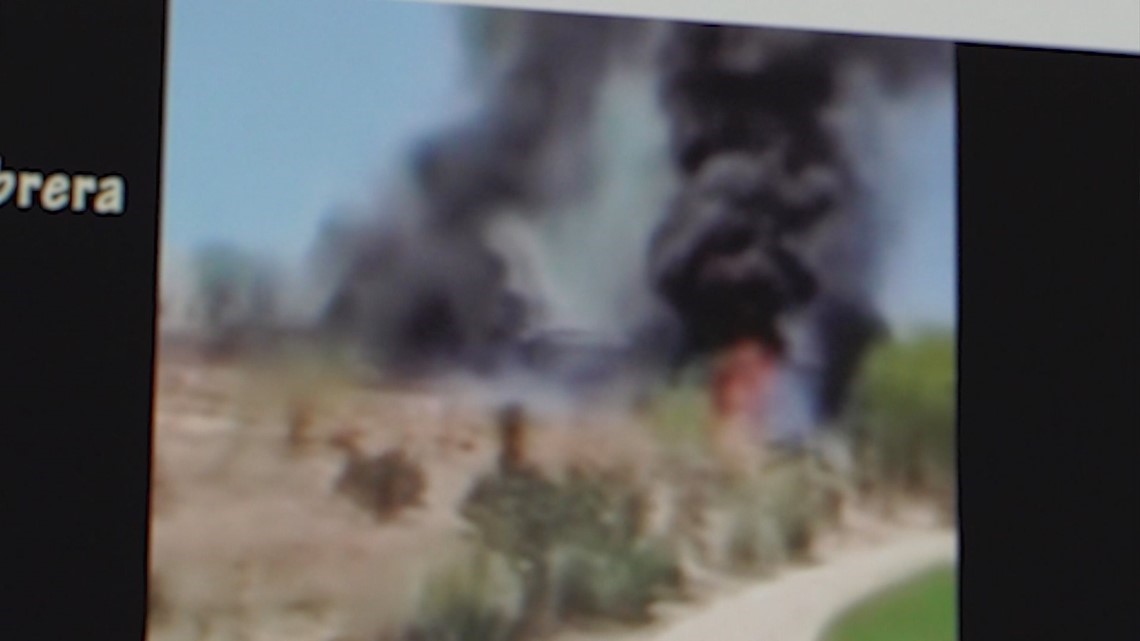
Despite repeated attempts, however, Sanger said he never did find out who really owned the helicopter. In 2015, a U.S. based court issued a $15 million judgement against the Mexican company that operated the helicopter.
AGC wasn’t on the hook to pay because it wasn’t the real owner of the helicopter, leaving the families with no way to make anyone pay for the death of their loved ones.
“The way that these trusts are being used,” Sanger said,” it's an avoidance to all of the different enforcement and responsibility aspects of aviation.”
Gonzalez told WFAA the federal investigation points to a need to reform the way foreign-owned planes are registered.
“I can't propose legislation, I can only enforce the laws,” Gonzalez told WFAA. “But I mean, clearly, there's a problem.”

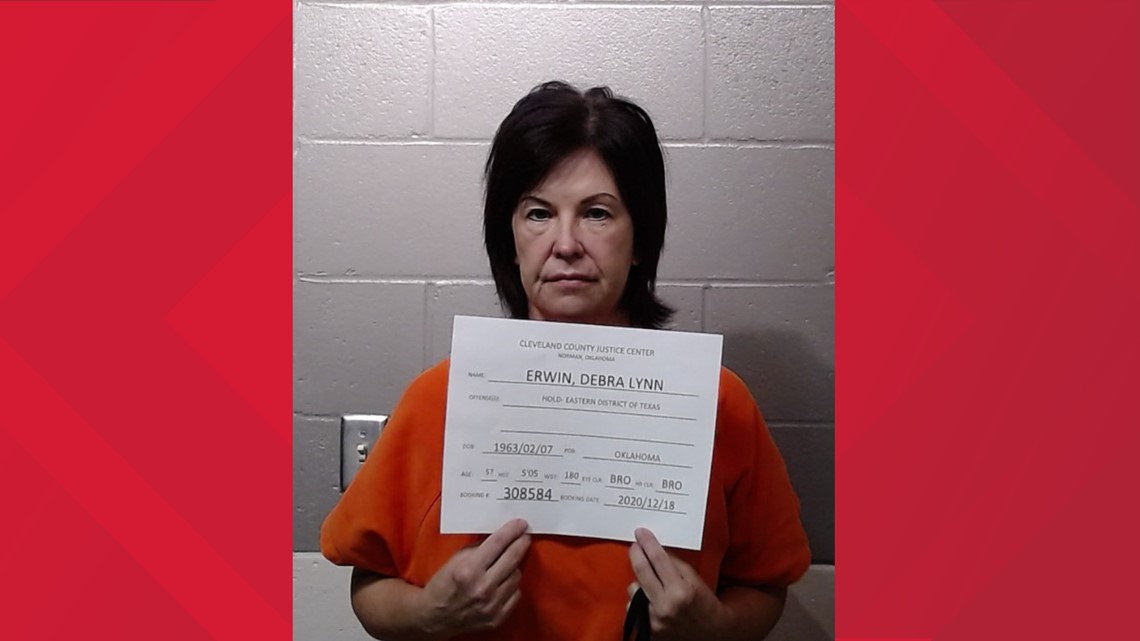
Gonzalez told WFAA that both AGC and Wright Brothers have been shut down by order of the court. He said Mercer is trying to sell AGC but the government will demand that whoever buys the trust company comply with all federal rules and standards.
In mid-December, WFAA found out that Mercer-Erwin was arrested and picked up by U.S. Marshalls and taken to Texas. WFAA, however, did not know the reasons for her arrest until this week when the federal indictments were unsealed.
“We're in the process of contacting the individuals that have the planes and trusts with AGC and advising them of what measures they have to take to cure the problem that exists now,” Gonzalez said. “It's not our intention to, to punish any of these individuals that put the planes in trust, but we want to make sure that we know and that we can keep our community safe by knowing where these planes are at.”

